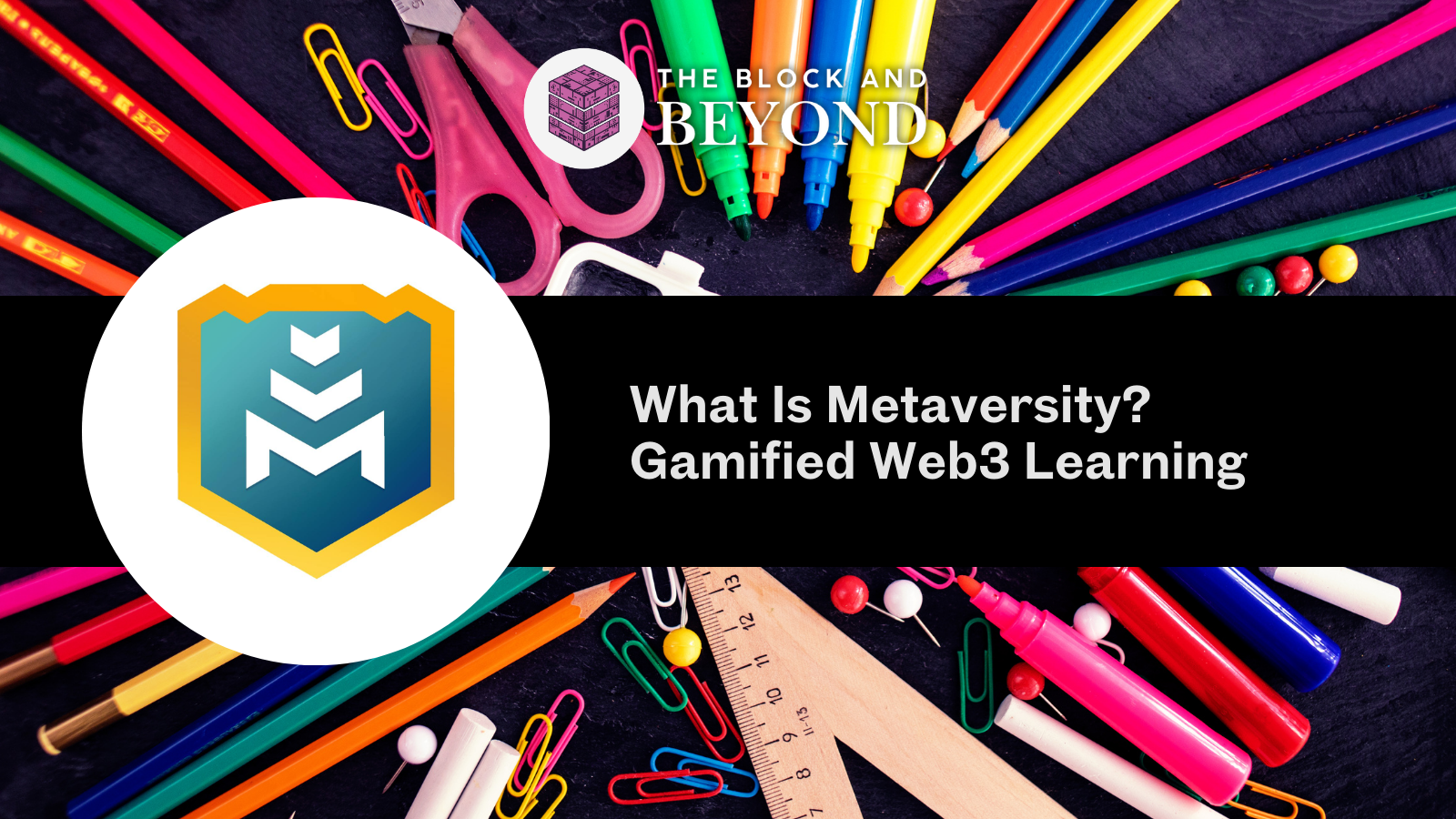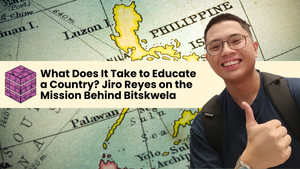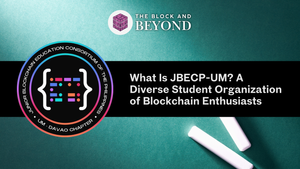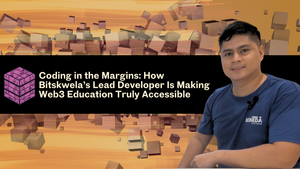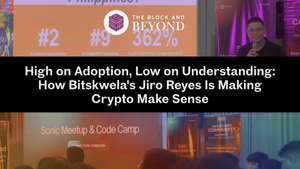Gamified learning meets Web3 education in one of the Philippines' most community-focused upskilling initiatives.
As blockchain and AI continue to reshape global industries, education systems are still catching up. For many learners, especially outside of tech-centric fields, the barrier to entry remains high. Dense jargon, expensive certifications, and rigid formats have made digital upskilling feel out of reach for those who need it most.
In response, a wave of alternative learning models has emerged, including short-form content, modular courses, and peer-led communities. These are designed to meet learners where they are: on their phones, in between gigs, and inside online communities. But few have explicitly focused on the gaming-native audience, one of the most active but underserved segments in the Web3 space.
That’s where Metaversity comes in. Developed by YGG Pilipinas, Metaversity combines community-based learning with gamified educational content, aiming to equip Filipinos with digital skills that match the pace and demands of today’s economy.
What is Metaversity?
Metaversity is a modular learning platform developed by YGG Pilipinas to help individuals gain practical knowledge and skills in Web3, AI, and digital work. It was designed specifically with gaming communities in mind, offering short courses and immersive formats that align with how these users already engage with content.
At its core, Metaversity is both a content hub and a learning ecosystem. Rather than functioning like a traditional school or university, it reimagines learning through a decentralized lens, prioritizing flexibility, real-world relevance, and peer-to-peer engagement.
The platform integrates tools from its acquisition of 10XME, an AI-focused training initiative, expanding its curriculum beyond Web3 and into emerging productivity technologies. The result is a learning space that evolves with the market.
How Does Metaversity Operate?
Metaversity utilizes gamified systems within its structure, where learners earn badges, complete quests, and progress through levels, much like they would in a game. These mechanics are familiar to YGG’s core audience and help sustain engagement over time.
Content is delivered through various formats, including bite-sized videos, conversational shows, peer learning forums, and task-based challenges. Courses are designed to be accessible, most modules take just five to seven minutes, with total completion times under three hours.
The platform also emphasizes real-world application. Rather than theory-heavy lectures, Metaversity teaches through examples, principles, and relatable scenarios. The curriculum covers topics such as AI-powered productivity, blockchain fundamentals, communication skills, and leadership, all geared toward real employment or freelancing outcomes.
How Does Metaversity Benefit the Ecosystem?
Metaversity plays a strategic role in bridging the gap between education and employment within the Web3 ecosystem. It builds a pipeline of talent that is not only familiar with the technology but also prepared to contribute meaningfully to projects, DAOs, and decentralized platforms.
Its modular, flexible model supports learners from various backgrounds, including students, gamers, freelancers, and community leaders. By reducing friction in the learning process, Metaversity helps cultivate a more inclusive and skilled Web3 labor force in the Philippines and beyond.
In the long term, its success could inform how blockchain-native education is scaled across other regions. For now, it stands as a test case for how gamified, community-first learning can drive adoption, participation, and economic opportunity across decentralized networks.







